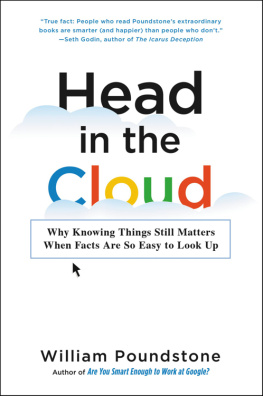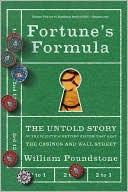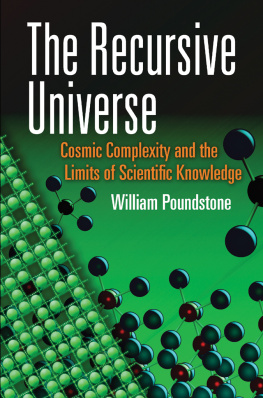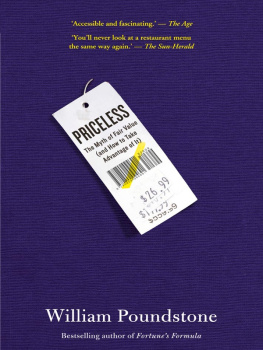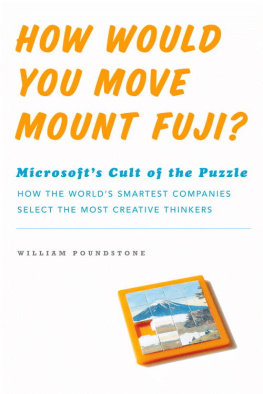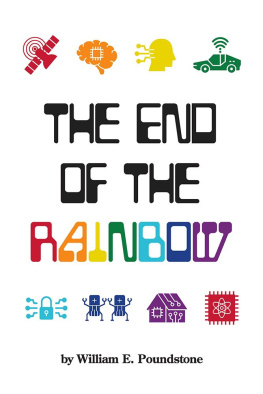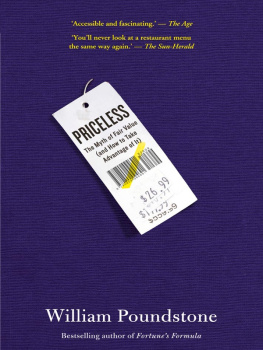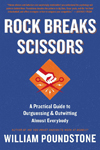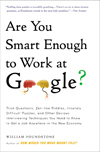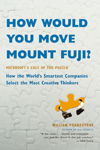William Poundstone - Head in the Cloud: Why Knowing Things Still Matters When Facts Are So Easy to Look Up
Here you can read online William Poundstone - Head in the Cloud: Why Knowing Things Still Matters When Facts Are So Easy to Look Up full text of the book (entire story) in english for free. Download pdf and epub, get meaning, cover and reviews about this ebook. year: 2016, publisher: Little, Brown and Company, genre: Romance novel. Description of the work, (preface) as well as reviews are available. Best literature library LitArk.com created for fans of good reading and offers a wide selection of genres:
Romance novel
Science fiction
Adventure
Detective
Science
History
Home and family
Prose
Art
Politics
Computer
Non-fiction
Religion
Business
Children
Humor
Choose a favorite category and find really read worthwhile books. Enjoy immersion in the world of imagination, feel the emotions of the characters or learn something new for yourself, make an fascinating discovery.
- Book:Head in the Cloud: Why Knowing Things Still Matters When Facts Are So Easy to Look Up
- Author:
- Publisher:Little, Brown and Company
- Genre:
- Year:2016
- Rating:4 / 5
- Favourites:Add to favourites
- Your mark:
Head in the Cloud: Why Knowing Things Still Matters When Facts Are So Easy to Look Up: summary, description and annotation
We offer to read an annotation, description, summary or preface (depends on what the author of the book "Head in the Cloud: Why Knowing Things Still Matters When Facts Are So Easy to Look Up" wrote himself). If you haven't found the necessary information about the book — write in the comments, we will try to find it.
More people know who Khloe Kardashian is than who Rene Descartes was. Most cant find Delaware on a map, correctly spell the word occurrence, or name the largest ocean on the planet. But how important is it to fill our heads with facts? A few keystrokes can summon almost any information in seconds. Why should we bother learning facts at all?
Bestselling author William Poundstone confronts that timely question in HEAD IN THE CLOUD. He shows that many areas of knowledge correlate with the quality of our lives--wealth, health, and happiness--and even with politics and behavior. Combining Big Data survey techniques with eye-opening anecdotes, Poundstone examines what Americans know (and dont know) on topics ranging from quantum physics to pop culture.
HEAD IN THE CLOUD asks why were okay with spelling errors on menus but not on resumes; why Fox News viewers dont know which party controls Congress; why people who know trivia make more money than those who dont; how individuals can navigate clickbait and media spin to stay informed about what really matters.
Hilarious, humbling, and wildly entertaining, HEAD IN THE CLOUD is a must-read for anyone who doesnt know everything.
William Poundstone: author's other books
Who wrote Head in the Cloud: Why Knowing Things Still Matters When Facts Are So Easy to Look Up? Find out the surname, the name of the author of the book and a list of all author's works by series.

